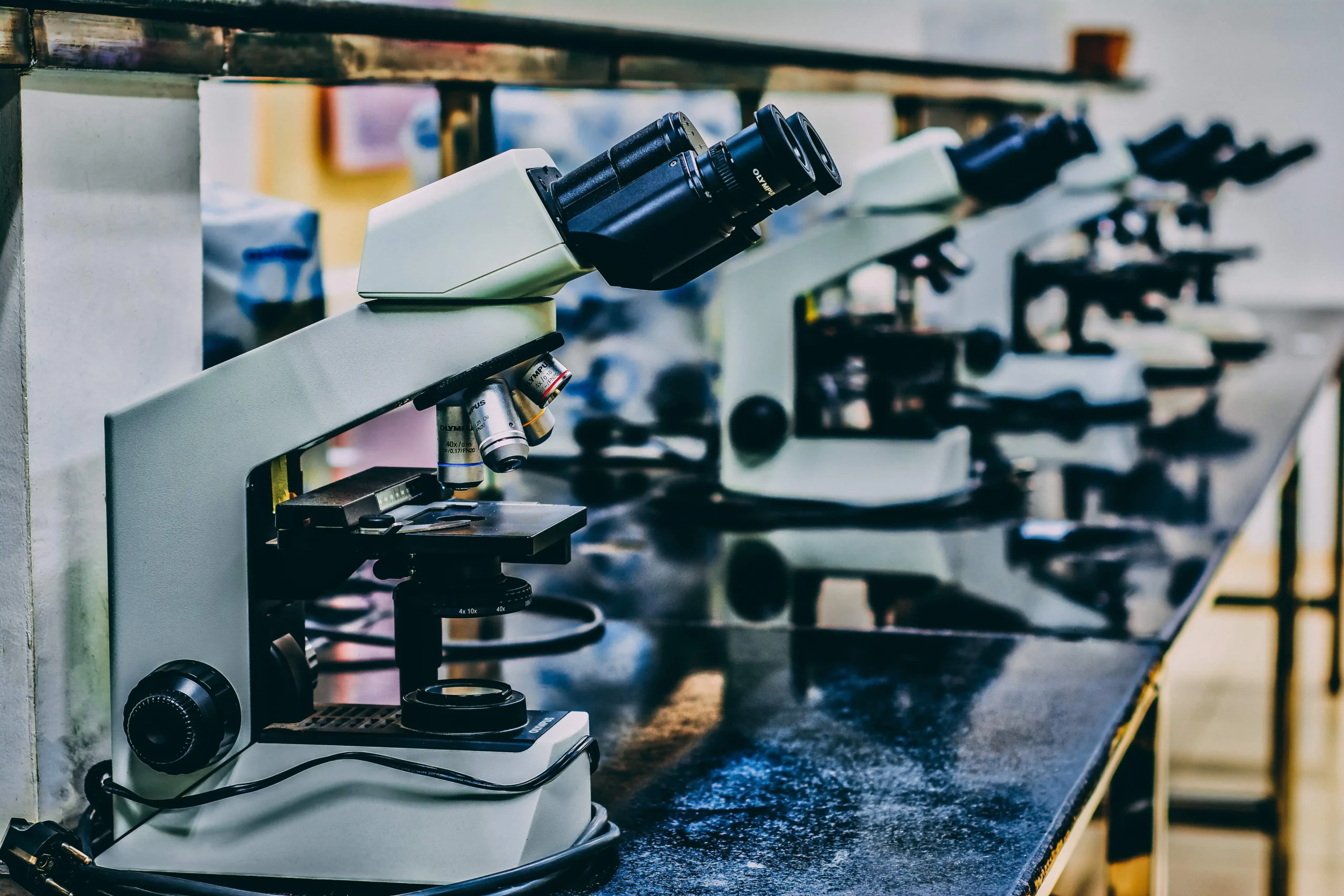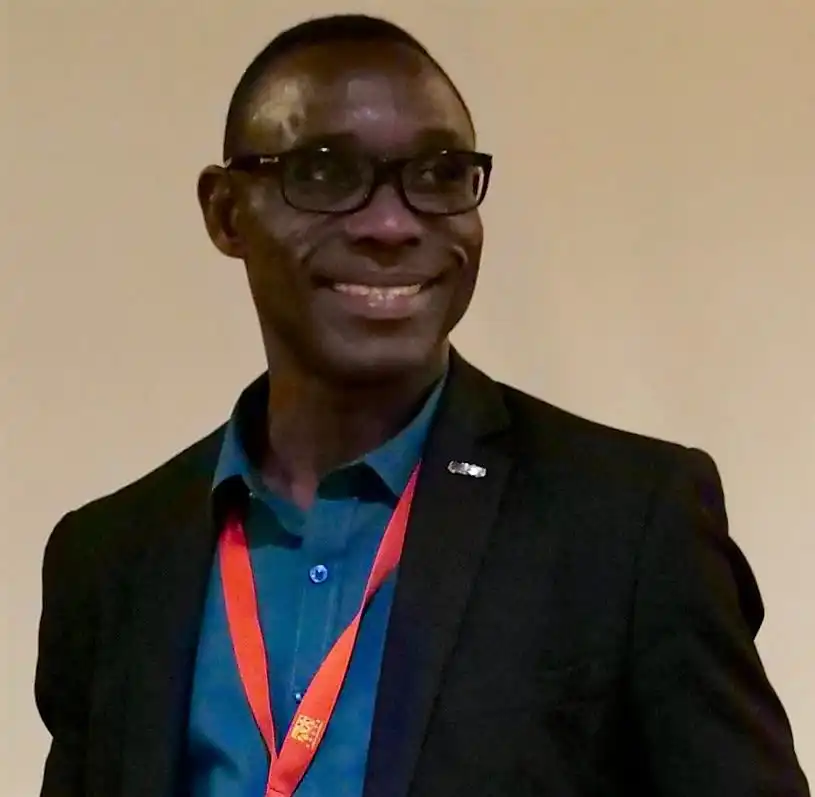Host organisation: Strathclyde Institute of Pharmacy & Biomedical Sciences, Scotland
Project title: In-vitro assay of the anti-diabetic compound of the leaf of Parinari curatellifolia using 3T3L-1 adipocyte cell
Dr Simeon Omale is a senior lecturer and researcher with the Department of Pharmacology and Toxicology at the University of Jos, Nigeria. He is also a research fellow with the Africa Centre of Excellence in Phytomedicine Research and Development (ACEPRD), University of Jos. His research focuses on natural product pharmacology, where he has obtained two patents on drug development.
Dr Omale is involved in the training of undergraduate and postgraduate students, and is currently training three PhD students in natural product research. He is the head of the Drosophila melanogaster (fruit-fly) research laboratory at ACEPRD and leading a team of researchers in the use of Drosophila in drug development. He has trained other scientists on using the fruit fly as an affordable research model both in Nigeria and more widely in the region. Using this model, he has identified a novel anti-diabetic constituent from a local medicinal plant.
AREF Fellowship research project:
Dr Omale says “The aim of my AREF fellowship is to investigate the medicinal effects of natural plant constituents on Type 2 diabetes. Glucose is the key sugar in human energy metabolism and is at the heart of diabetes. I will use a novel model to investigate glucose metabolism as a tool for drug discovery. The model uses a particular kind of fat cell (called a 3T3-L1 adipocyte cell, derived from mice), grown artificially in the lab. I will investigate how selected natural plant constituents affect the way in which glucose is taken up by these cells and in particular, how they affect key signaling proteins and the GLUT4 glucose transporter. As a result of this fellowship, I hope to identify novel plant products that can be taken up by pharmaceutical companies.”
During his fellowship, Dr Omale will work with the guidance of Professor Gwyn William Gould at the Strathclyde Institute of Pharmacy and Biomedical Sciences. Professor Gould is an international expert in how molecules, such as glucose, move across cell membranes. His laboratory has, for example, validated the use of 3T3-L1 adipocyte cells for the study of Type-2 diabetes.
Dr Omale is also a member of the research team of ACEPRD, led by Professor John C Aguiyi. The team recently developed an anti-snake venom vaccine from a natural product glycoprotein (gpMUC), addressing the neglected area of snake-bite morbidity and mortality in Africa. “This product is currently at the level of a phase 1 clinical trial,” he says.
On returning to the University of Jos, faculty members will also be trained in the use of 3T3-L1 adipocyte cell as a drug development tool, in order to build research capacity in this area.



